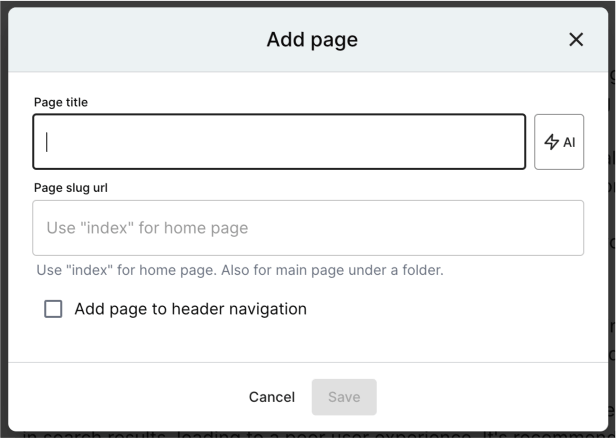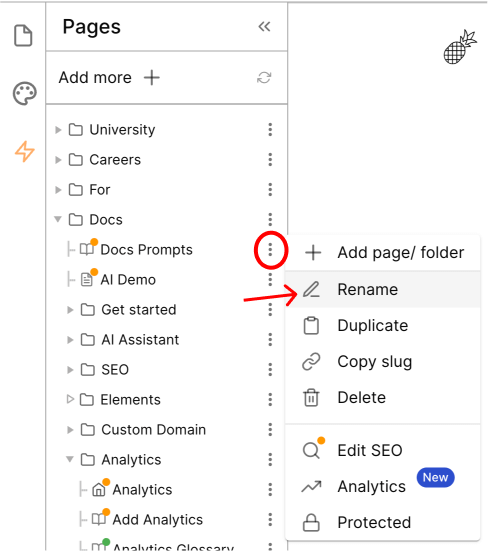URL SEO Optimisation
When it comes to URL SEO optimization, it is an integral part of the process. A well-structured and optimized URL is easy to understand for search engines and users. Here are some tips on how to optimize your URLs:
1. Keep it Simple and Readable: Use plain and human-readable language in your URLs. This makes it easy for users to guess the topic of a page just by looking at its URL.
2. Use Keywords: Adding targeted keywords in your URL can signal to search engines what the page content is about, improving your chances of ranking higher for those keywords.
3. Use Hyphens to Separate Words: Hyphens are recognized as word separators by search engines, making your URL more readable.
4. Avoid URL Duplication: Duplicate URLs can confuse search engines and can even lead to penalties. Make sure each URL is unique and properly canonicalized.
5. Limit URL Length: Extremely long URLs can be off-putting to users and can even be truncated in search results, leading to a poor user experience. It's recommended to keep your URLs under 60-70 characters for the best results.
6. Use Lowercase Letters: Uppercase letters in URLs can cause issues with duplicate pages, as some servers are case-sensitive. To avoid this, always use lowercase letters in your URLs. 7. Avoid Special Characters: Special characters can cause problems for some browsers and search engines. Stick to alphanumeric characters and hyphens to ensure your URL is universally readable.
URL Slug
When creating new page you can copy the url name to match your page title. As well Page title you can generate using AI.

Edit Slug
You can modify the slug of a webpage before it's published. The slug is the part of the URL that identifies a particular page on a website in an easy-to-read form.

NOTE: It's essential to finalize the slug before publishing because changing the URL of an already published website is not a recommended practice. This is due to the potential disruptions it can cause. If the page has been indexed by search engines or linked to by other people, changing the URL will break these links. This can lead to a poor user experience for visitors who follow the broken links and can't find the content they're looking for. Additionally, it may ause the page to lose the search engine ranking it had achieved.
Therefore, careful planning and editing of the slug is crucial before the page goes live. Using relevant keywords in your slug can also aid in SEO efforts. However, avoid keyword stuffing as it can lead to penalties from search engines. Always aim for a concise, descriptive slug that accurately represents the content of the page.
By following these guidelines, you can make sure your URLs are optimized for both search engines and users, ultimately enhancing your SEO efforts.
